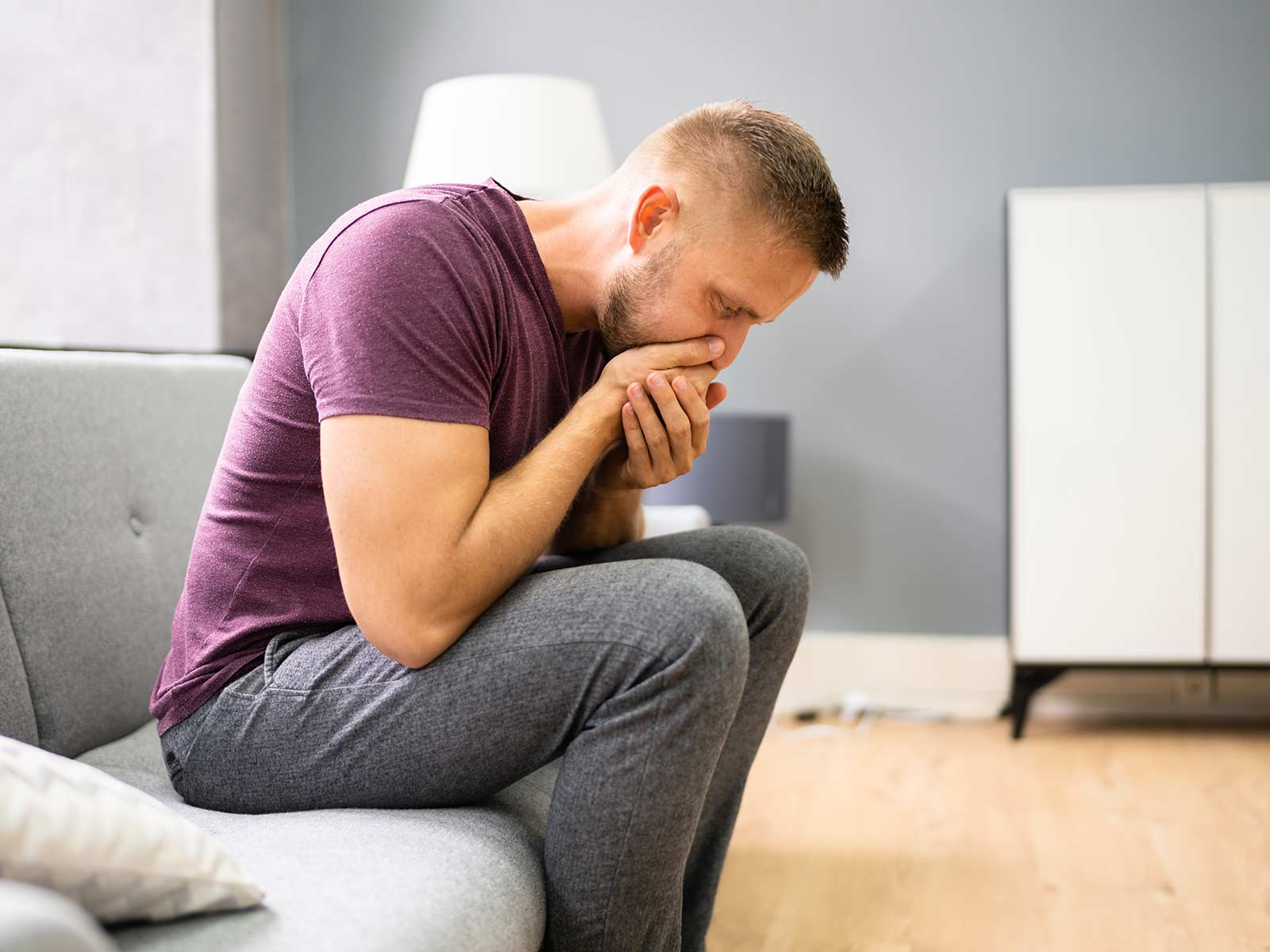
Eosinophilic Colitis occurs when eosinophils-a type of white blood cell-accumulate in the lining of the colon, causing inflammation and tissue damage. This rare disorder can affect both children and adults and is distinct from other inflammatory bowel diseases.
Symptoms can vary but often include:
The exact cause is unknown, but several factors may contribute:
At GastroDoxs Houston, our dedicated team specializes in eosinophilic colitis diagnosis and treatment, offering personalized care plans to relieve symptoms and improve your quality of life. Don't wait-book your appointment today and take the first step toward lasting digestive health.
We've successfully treated more than 1K patients, helping individuals improve their digestive health and overall well-being through expert, personalized care.
With over 20 years of experience, GastroDoxs has been a trusted provider of gastroenterology care, focusing on delivering the best outcomes for patients
Physicians use a colonoscopy with targeted biopsies to look for elevated eosinophils in the colon lining, and they often combine this with blood tests to rule out infections or other inflammatory conditions.
Unlike ulcerative colitis, which causes continuous inflammation beginning at the rectum, Eosinophilic Colitis is characterized by patchy eosinophil-driven swelling and may not follow the same continuous pattern of ulceration.
Yes. Although it often appears in children, adults of any age can develop Eosinophilic Colitis, and the presentation may vary in severity from person to person.
No. While blood tests can show elevated eosinophil counts or markers of inflammation, they’re not definitive—biopsy remains the gold standard for diagnosis.
Many patients experience significant improvement by identifying and eliminating trigger foods—common culprits include dairy, soy, eggs, and wheat—but dietary response can vary individually.
Flare-ups are often linked to food allergens, but environmental allergens, certain medications, and even stress can contribute to increased eosinophilic activity in the colon.
Patients may notice symptom relief within a few weeks of starting steroids or dietary changes, whereas biologic therapies can take several weeks to months to achieve full effect.
It can be chronic, but with proper dietary management, medication, and regular monitoring, many people maintain long-term symptom control and a good quality of life.
Yes. A gastroenterologist—especially one experienced in eosinophilic gastrointestinal disorders—can provide accurate diagnosis, tailored treatment plans, and ongoing support.
Untreated disease may lead to colon ulcers, strictures (narrowing), chronic bleeding, malabsorption, and significant weight loss, so early intervention is important.